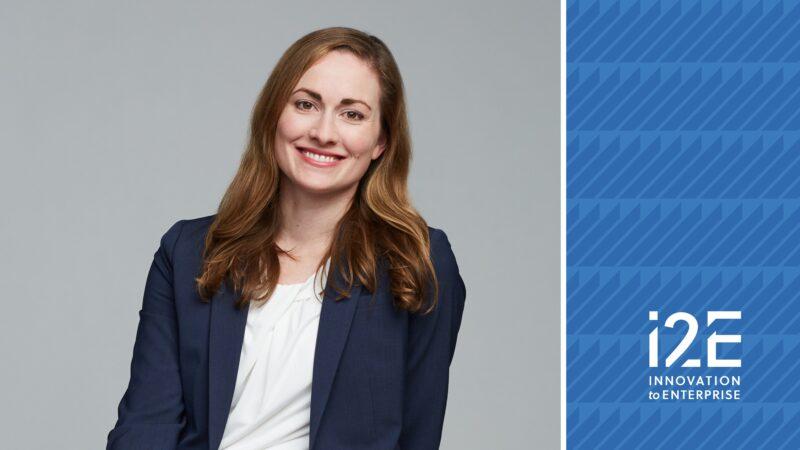By Scott Meacham
Mentoring is one of the most valuable venture services i2E provides to Oklahoma’s innovators and entrepreneurs. Our mentoring covers a wide range of topics and situations based on the leadership team’s experience, the stage of the startup, and the market the company is working to serve.
We are focused when we mentor. We talk about the what, why, and how of execution—especially the why.
In no area is the “why” discussion more important than when we are advising entrepreneurs on raising capital. Funding is almost always top of mind for most entrepreneurs—and that’s appropriate. (I’m adding the “almost” in case there actually is an entrepreneur somewhere who isn’t persistently concerned about funding. If there is, I haven’t met them yet.)
High-growth startups have two basic sources of investment capital — angel investors (individuals, groups, or funds) and institutional investors like i2E. Both are critical sources, providing startups the funding they need to achieve the milestones that lead to high growth. Successful entrepreneurs must learn and practice the knack of matching their requirements and stage of business to the appropriate funding source.
Angels invest their own money and are in the business of high risk/high return. They tend to invest very early in a startup’s life, even pre-revenue. Over half the deals and total investments reported in the Angel Capital Association’s most recent Angel Funders Report were made in pre-seed and seed rounds. Angels — whether they invest as individuals, in groups, or through funds — are often a startup’s first equity investors. They will likely require a significant share of the business as they are looking for up to 100X returns for the extreme risk they take. I like to refer to Angels as “big game hunters.”
Institutional investors look at a deal though a different lens. We invest other people’s money, not our own. We seek a certain multiple across our portfolios and a risk-adjusted return. We prefer to invest at a little later stage than angels in companies that have some customers that are producing revenue. Greater market validation helps reduce risk.
As institutional investors, we require more structure and more governance. Our due diligence will be deeper and take longer than the entrepreneur wants. We will require a seat on the company’s board, sometimes two.
We may co-invest with angel groups and funds — especially angels who invested in the company previously and reserved funds to participate in a second round. We never want the company founders to become so diluted from investment rounds that their incentive to carry the company forward is affected.
We work closely with SeedStep Angels and other angel groups from beyond Oklahoma to syndicate investment rounds that provide the right amount of capital for the startup to achieve the next critical milestones.
Over the last 20+ years, we have honed our approach, working directly with hundreds of outstanding Oklahoma entrepreneurs.
We invest to make companies successful and to achieve appropriate risk-adjusted returns on the funds under management. Mentoring and helping startups build a capital plan well before we write the first check helps us accomplish both.
Scott Meacham is president and CEO of i2E Inc., a nonprofit corporation that mentors many of the state’s technology-based startup companies. i2E receives state appropriations from the Oklahoma Center for the Advancement of Science and Technology. Contact Meacham at [email protected]








